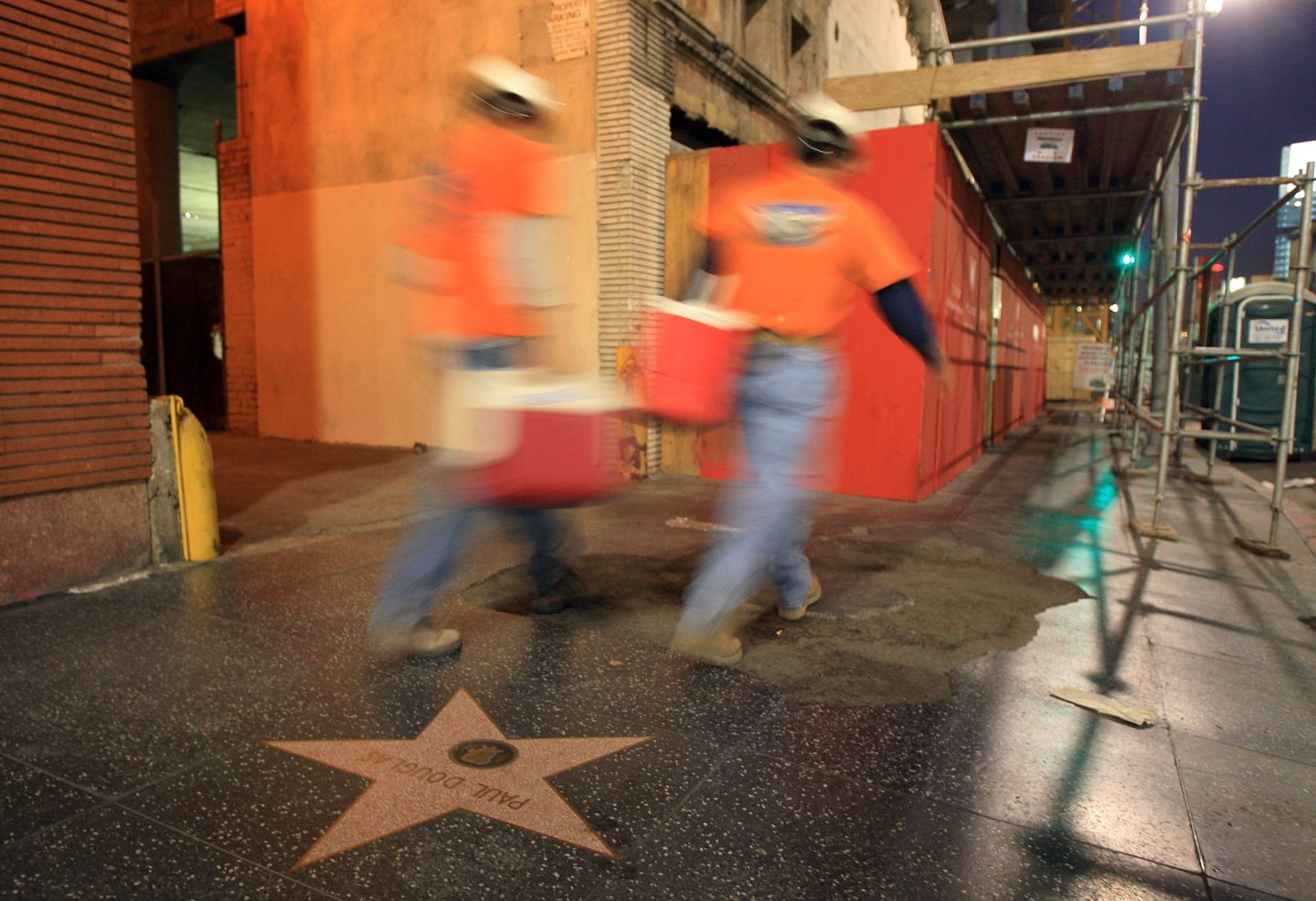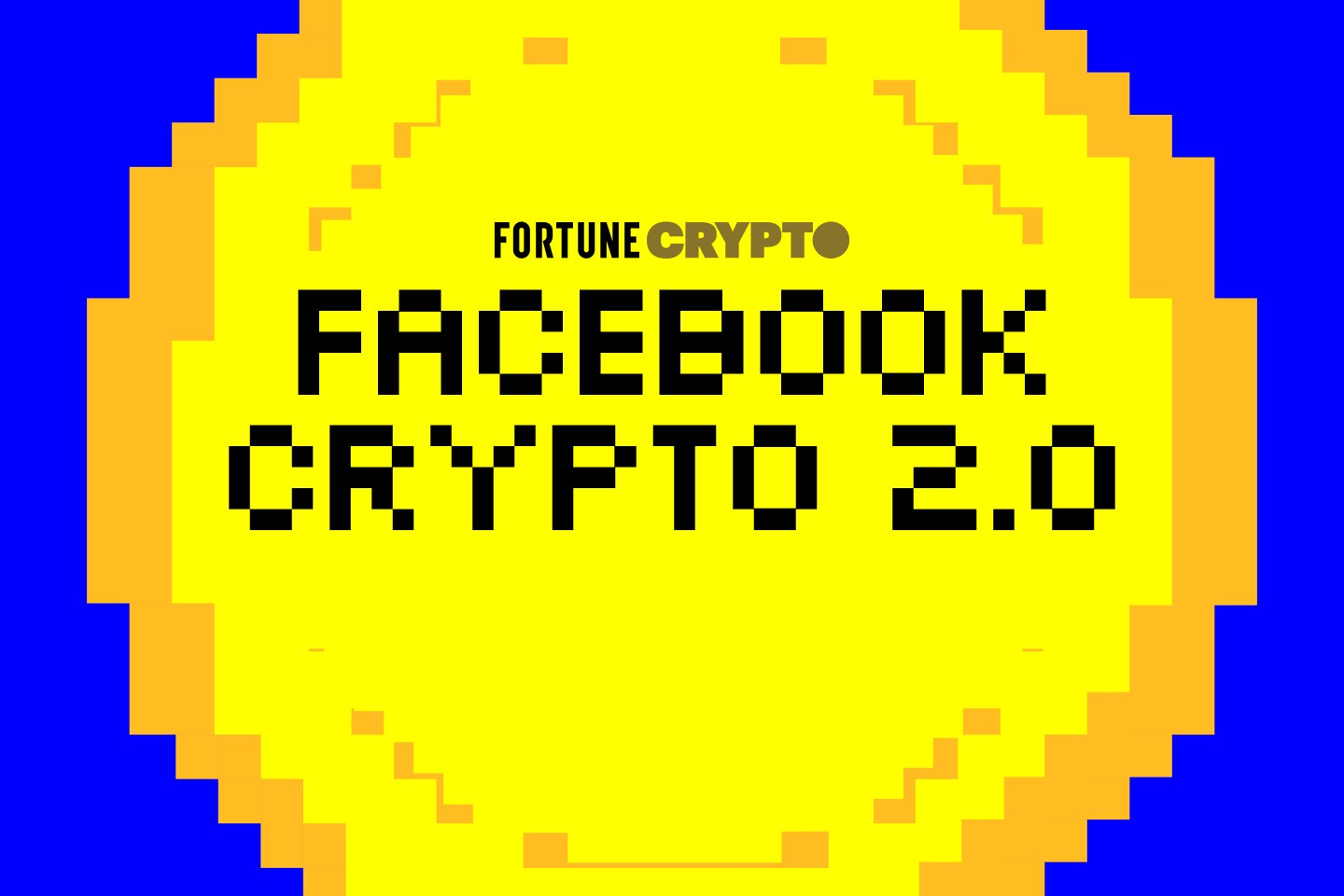It turns out Sam Altman was just as shocked as everyone else when he was pushed out of the top job at ChatGPT-maker OpenAI by the tech company’s board.
Altman and other senior executives at OpenAI are in Davos this week for the World Economic Forum’s annual summit, and will no doubt be fielding questions about his chaotic ousting and rehiring in November last year.
But the tech titan, who counts Microsoft co-founder Bill Gates and its CEO Satya Nadella among his backers, also appears ready to put that conversation to bed.
In a discussion with Bloomberg’s Brad Stone at Davos, Altman said in the immediate aftermath of his dismissal he never expected to return to OpenAI.
Reflecting on previous remarks made in the spring of 2023 that the board could fire him if they wanted to, Altman said in the conversation this week: “The board did that.
“I was like: ‘I think this is wild,’ [I was] super confused, super caught off-guard but this is the structure. And I immediately just went to go thinking about what I was going to do next, it was not until some board members called me the next morning that I even thought about really coming back. The board did have all of the power there.”
OpenAI’s decision to bring Altman back, the company’s Vice President of Global Affairs Anna Makanju interjected, was due to the pressure from employees who believed it was the “right thing” for Altman to come back.
During the Davos conversation, Altman lauded the commitment his employees and shareholders had shown to him personally.
“I think one of the difficult things to express about OpenAI is the degree to which our team and the people around us—investors, Microsoft, whatever—are committed to this mission,” the 38-year-old CEO said.
“In this middle of that crazy few days at one point I think like 97%/98% of the company signed a letter saying: ‘We’re all going to resign and go somewhere else’. That would have torched everyone’s equity and for a lot of our employees that’s the great majority of their wealth. For people to do that I think is quite unusual.”
“Quite unusual” is putting it mildly. After departing the company on November 17 and being temporarily replaced by CTO Mira Murati more than 700 employees signed an open letter saying they would choose to resign and follow Altman and OpenAI president Greg Brockman if the duo weren’t brought back.
Murati’s name was first on the letter, closely followed by OpenAI’s chief scientist Ilya Sutskever who was supposedly one of the key figures in Altman’s dismissal.
I deeply regret my participation in the board's actions. I never intended to harm OpenAI. I love everything we've built together and I will do everything I can to reunite the company.
— Ilya Sutskever (@ilyasut) November 20, 2023
Microsoft—which has reportedly pumped more than $13 billion into the large language model-creator—similarly stood behind Altman, hiring him when he left OpenAI and offering to match the pay of any employees who followed him to America’s biggest company.
Altman said he was “very very fortunate” to receive the level of support he did from shareholders, but made it clear that sticking by his staff was his main concern, adding: “Of course I would like to make all our shareholders a bunch of money but it was very clear to me what people’s priorities were and that meant a lot.”
But the CEO of one of the globe’s most talked about companies is growing tired with the focus on his own career path.
When subsequent questions came about the five days between Altman’s firing and rehiring, the tech boss pushed back: “Is really what you wanna spend their time on? The soap opera rather than like what AGI (artificial general intelligence) is going to do?”
“[There’s] so much stuff to talk about,” he could be heard adding. It came after Altman had joked earlier in the conversation about when the questions about the November hiccup would end: “Do you think they will?” he asked Stone.
OpenAI’s unusual structure
The company’s CEO saga has raised some questions about the unusual structure at OpenAI, which was originally designed as an open-source nonprofit but quickly became a capped-profit organization.
That move has drawn criticism from the likes of Tesla CEO Elon Musk, who was one of the founders of the business, who has raised questions about governance and where OpenAI lies on the scale.
Altman said that instead of dissecting the company structure in the short term, his priority is to put a full board in place, adding: “I expect us to make a lot of progress on that in the coming months.”
Once the new board is in place, the C-suite will turn their attention to a governance structure: “We’ll never be a traditional company but the structure I think we should take a look at. Maybe the answer we have right now is right but I think we should be willing to consider other things but I think this is not the time for it [and we should] focus on the board first.”
“We’ll go look at it from all angles,” he added.
Altman also hinted he wants a clearly defined relationship with the board and governance structure moving forward, adding: “It’s important that I have an entity that confides but that entity has got to have some accountability too and that is a clear issue with what happened.”













